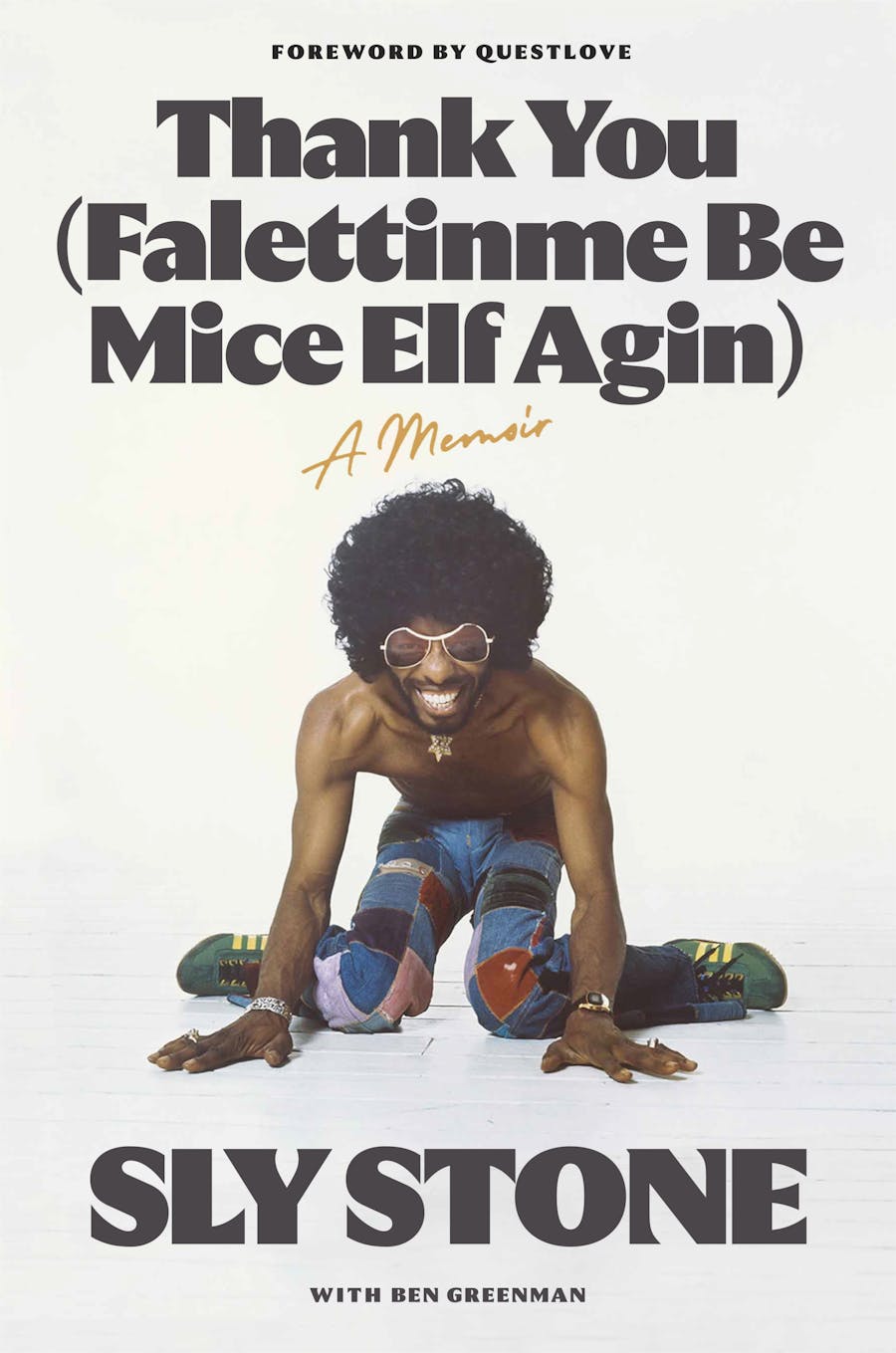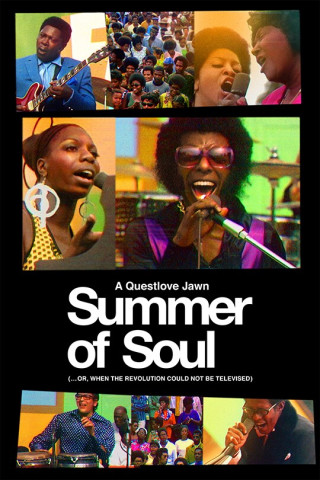IN THE AWARDS-SWEEPING 2021 documentary Summer of Soul, a man named Darryl Lewis recalls his first Sly and the Family Stone encounter, at the Harlem Cultural Festival of 1969. In those days, he says, “When you saw a Black group, what you expected to see was, generally speaking, all men, all dressed in matching suits, ready even before they hit the stage to perform.” But here, Sly and company “kind of saunter out,” men and women, Black and white, a living quilt of psychedelic patterns, knit caps, and sundry frippery. “The instruments weren’t tuned,” Lewis says. “You wonder, What are they doing with girls in the group? Why are there white people up there?” Once they began to play, though, the music’s ecstatic elevations dispersed all his friends’ misgivings. “My group of four guys, we were suit-and-tie guys. Then we saw Sly—we were no longer suit-and-tie guys! The change was in effect.”
A half century later, it’s difficult to take in just how much change the Family Stone effected, with Sly Stone as songwriter, arranger, producer, co–lead vocalist, and multi-instrumentalist. Yes, the group was mixed in race and gender when that was still near-taboo, some players being Stone’s siblings (it really was “A Family Affair”) and others poached from the best of the Bay Area scene. But those weren’t the only conventions they strolled past as if they’d barely noticed. They steamrolled over the binary of the respectability codes that governed northerly Motown versus the southern-bluesman grit fetishized by white-boy guitar wankers and record collectors. James Brown may have invented funk, but Sly Stone funked that invention and flew it over the rainbow. Each artist (Stone first) had a track called “Sex Machine,” but where the erotic engine of Brown’s martinet assembly ran on muscle, pride, and kerosene, the Family Stone’s movable feast was juiced up on peacock shimmer and cosmic candy. “It was fashion but it was also feeling,” as Stone puts it in the improbable volume that is his new memoir. “We could be who we were.”

